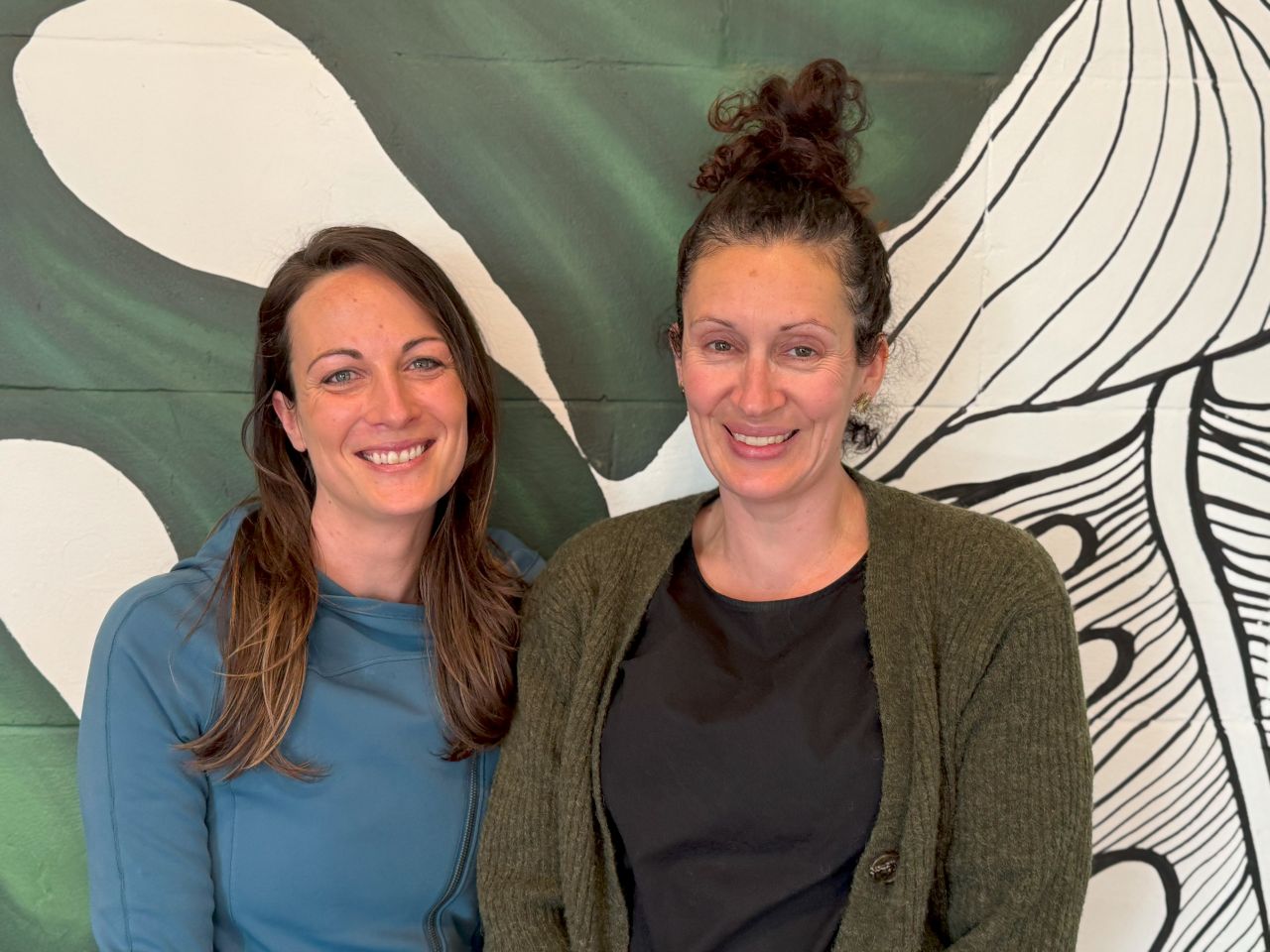Proposed education changes promising, but more details needed - Ōamaru principals
Ashley Smyth
05 August 2025, 12:56 AM
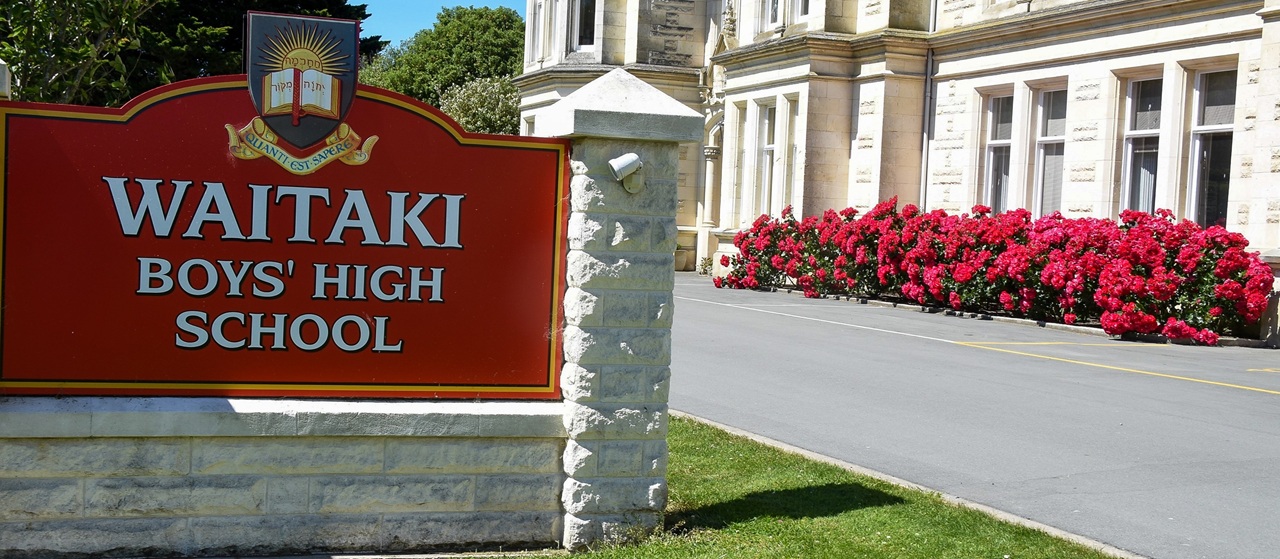 Waitaki secondary school principals are awaiting more details about the Government's proposed new qualification standards. Photo: Supplied/WBHS Facebook
Waitaki secondary school principals are awaiting more details about the Government's proposed new qualification standards. Photo: Supplied/WBHS FacebookCautious optimism seems to be the over-riding sentiment from Ōamaru’s secondary school principals, following the Government’s announcement earlier this week, that it plans to scrap NCEA.
Under the proposed changes, NCEA level 1 will be replaced with foundation literacy and numeracy tests, while levels 2 and 3 will be replaced with a New Zealand Certificate of Education and an Advanced Certificate.
Students will have to take five subjects and pass at least four to get each certificate. Marks will be out of 100, with grades ranging from A to E.
The changes will be rolled out from 2028 onwards, meaning this year’s Year 8s will be the first to test the new standards, while also being taught under the new curriculum.
St Kevin’s College principal Jo Walshe, Waitaki Girls’ High School principal Sarah Hay and Waitaki Boys’ High School rector Darryl Paterson all say they need further details on what the changes will look like, but see promise in the proposed new system.
Jo and Sarah welcome the move to a 0-100 grading scale, which they say will be easier for students, parents, potential employers and the wider community to understand.
Darryl says he has reservations about it, but the students he has spoken to are looking for more clarity around their exact grades.
He thinks it’s a positive move to replace Level 1 with the Foundational Skills Award for literacy and numeracy, with a significant number of boys below the expected curriculum level at the moment, although he is hopeful the curriculum changes already introduced will have a positive effect on this.
“Our reality is a number of boys will not achieve Level 1 but go on to Level 2 courses and achieve. This doesn't seem right.”
Going back to a 'pass the subject' approach, beyond the proposed Foundational Skills Award, will also promote a broader learning base and encourage boys to stay at school longer, he says.
“This should be encouraging not only for the educational benefits but also the social benefits.”
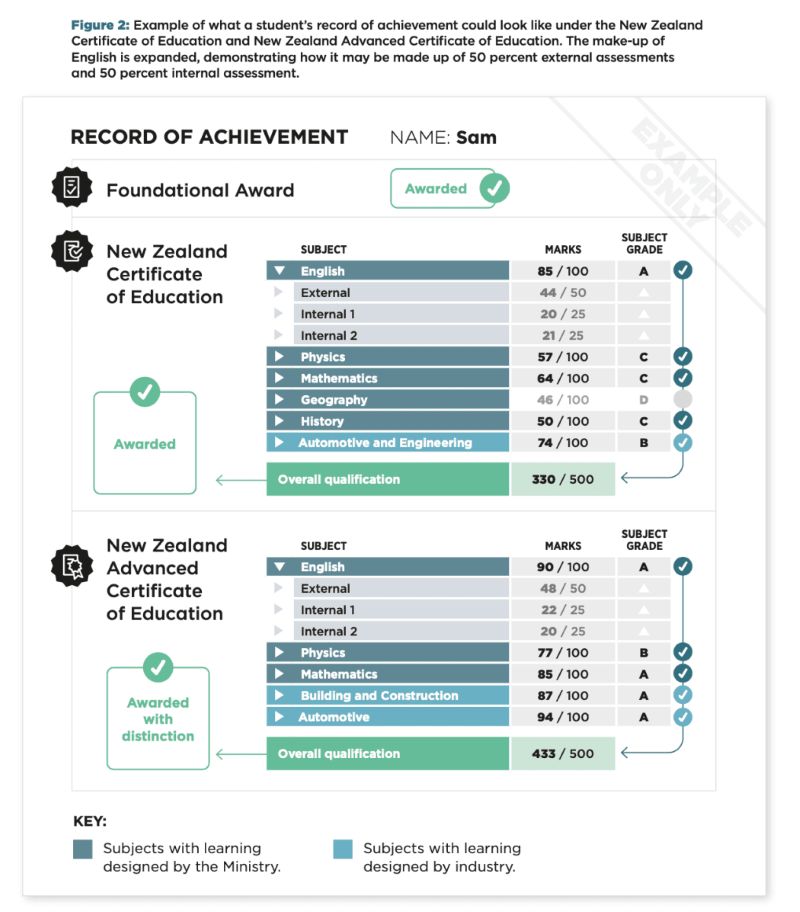
An example of what a student’s record of achievement could look like under the New Zealand Certificate of Education and New Zealand Advanced Certificate of Education. Graphic: Supplied/Ministry of Education via RNZ
St Kevin’s College has already replaced NCEA level 1 in favour of the Cambridge system in university pathway subjects, as staff had been concerned for a while about students being caught up in an ever-evolving education system, Jo says.
“By offering Cambridge, we have been able to plan for the next few years and ensure that our students have an international qualification which holds up anywhere in the world,” she says.
“We will continue on this pathway for the foreseeable future in those areas until we see what the changes look like.”
She also thinks NCEA is “cumbersome” and there is a difficulty maintaining consistency. For example, an 8000-word history essay, which could take weeks to write might be worth 5 credits, and some single-day courses will be worth 20 credits for the same NCEA Level 2 qualification.
All three principals have expressed concerns about the changes placing extra pressures on their teaching staff.
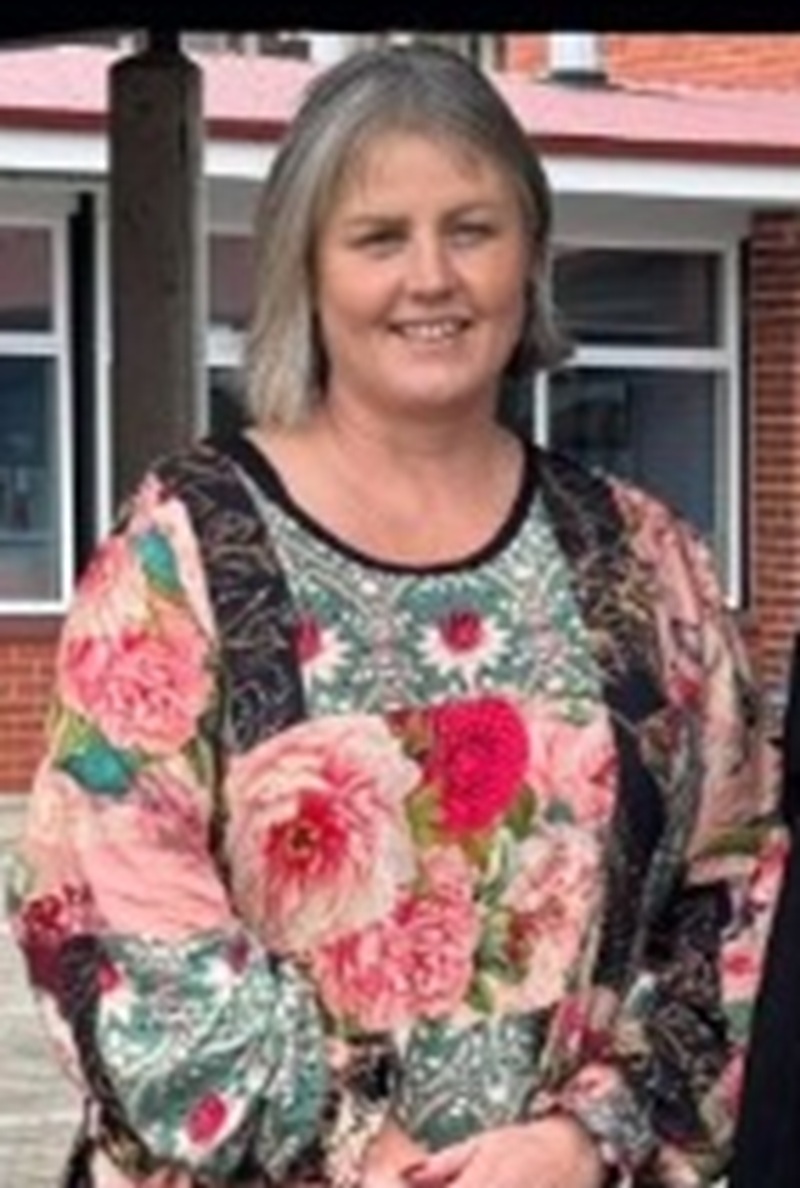
St Kevin's College principal Jo Walshe. Photo: Supplied/Facebook
“Our greatest concern at this stage is ensuring that teachers are given the time and professional support needed to implement these changes successfully, as the impact on classroom practice will be significant,” Sarah says.
Darryl likes that the proposal aims to remove the onus of marking internal assessments away from teachers, as the current moderation system “is quite flawed” in his opinion.
“It will also alleviate a huge workload off teachers who are already dealing with huge amounts of continual change (like this proposal!).”
He was unsure how realistic the external marking option is, with the “enormous” human resource needed for external marking, however the Education Minister has since announced they are looking into AI options.
Jo says consideration for staff is another reason the school adopted the Cambridge system.
“Teachers are extremely tired of constant changes to the qualifications system and I wanted my teachers to know what they were doing and be able to have time to develop real skills under a steady system.”
Darryl says he and the staff he had spoken to following the announcement are most concerned over the “lack of a bipartisan political approach” to education.
“What will happen in three, six or nine years when another party becomes the Government, and looking at our history, this is a strong possibility. Will that party change it again?”
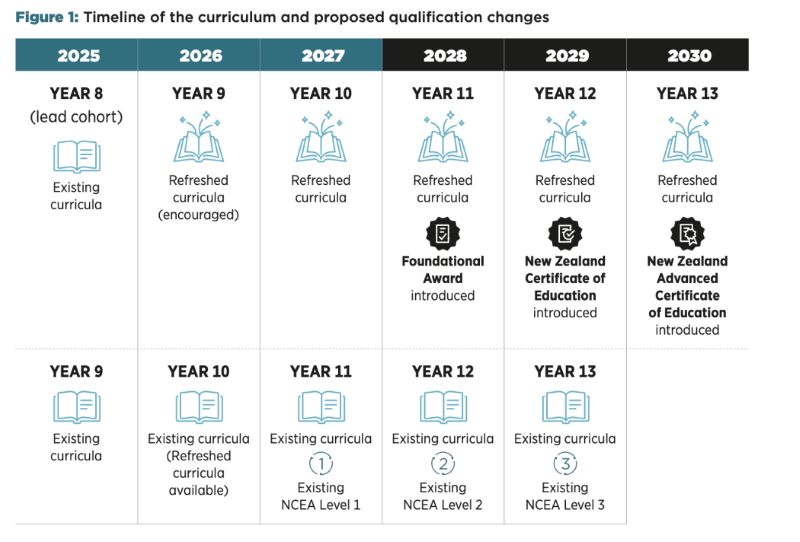
Graphic: Supplied/Ministry of Education via RNZ
Both she and Darryl voiced the importance of “vocational pathway” subjects and are awaiting more details on how incorporating these into the new certifications will work.
“In my experience, it is our boys who are on Gateway/work experience programmes who are best prepared to join the trades, etc.,” Darryl says.
Jo says they don’t want to “demotivate students by not offering them qualifications which are relevant for them”.
She also hopes the number of migrant students is taken into account, and that literacy and numeracy tests are “accessible”.
Darryl agrees with Education Minister Erica Stanford’s claims that there is "too much credit counting" with NCEA.
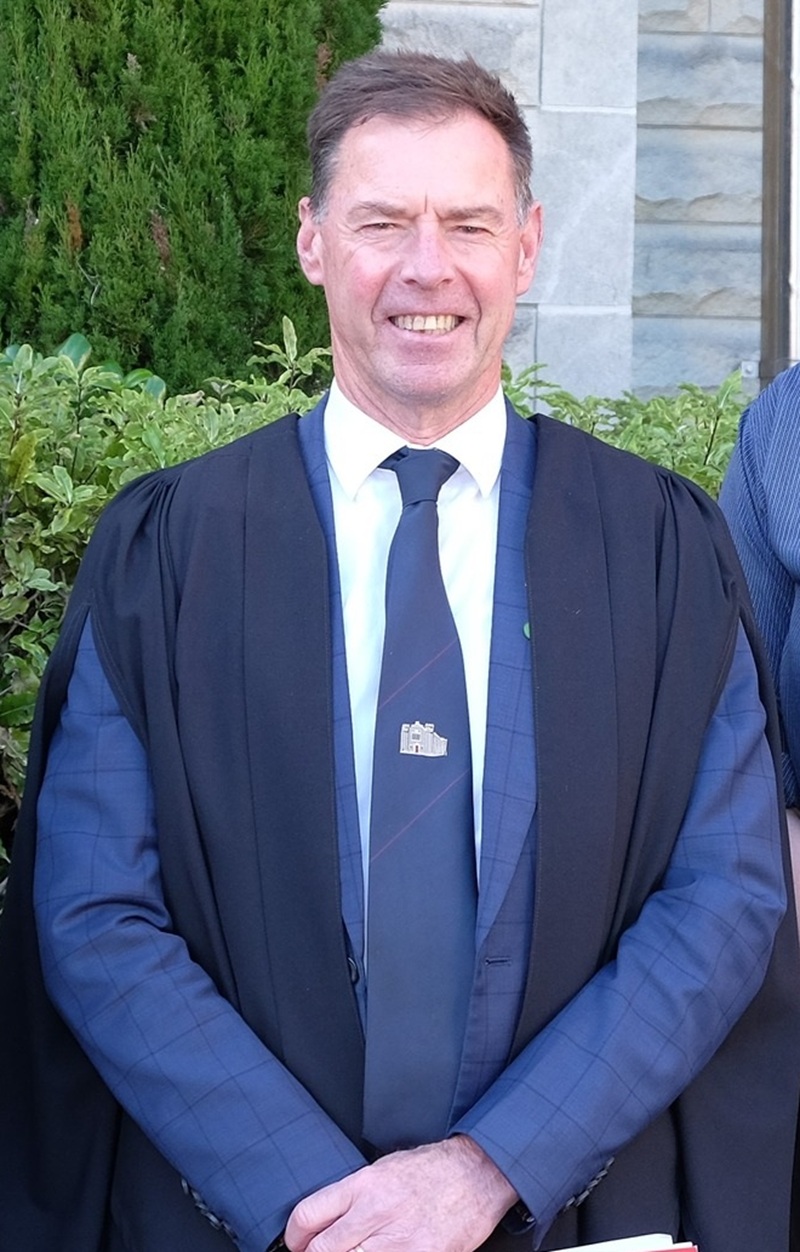
Waitaki Boys' High School rector Darryl Paterson. Photo: Supplied/Facebook
“I can see the system is being gamed... Credits are being used to get students across the line, like participating in a group activity or filling out a form,” she told Radio New Zealand.
Darryl says the reality is, at Waitaki Boys’ there are a significant number of students who do just enough to pass, and who do not take part in external exams if they have passed with internal assessments, which the current system allows.
“Personally, I see this as promoting mediocrity and not promoting the life skills (i.e. hard work, motivation) needed beyond school. The proposed changes will be good in that regard.”
He is a fan of more onus being put on an end-of-year external assessment, as preparation for the challenges “life can throw at us” and to build resilience.
“In most walks of life, you have to reach a certain standard (pass a test, etc.) to get employed.”
There are a number of learners who do not thrive with this type of assessment and there also needs to be the correct support (such as the existing Special Assessment Conditions) to enable them to succeed if they apply themselves, he says.
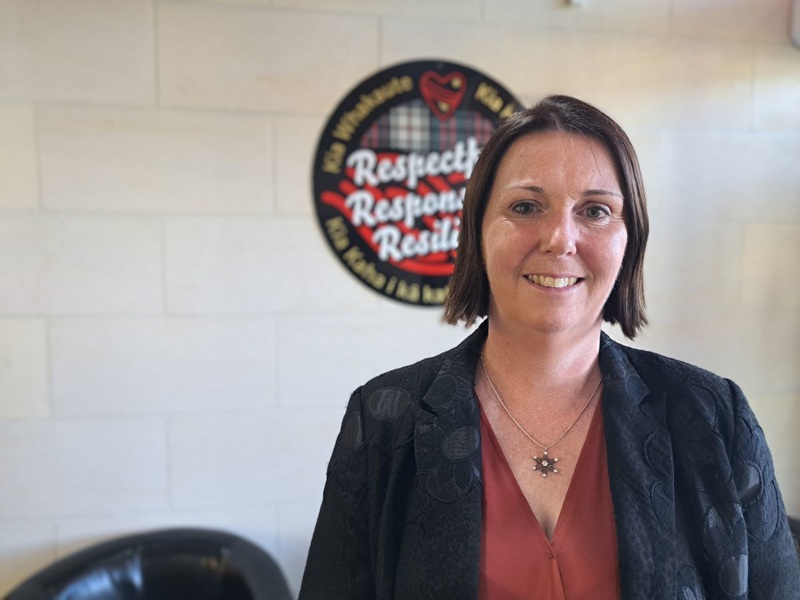
Waitaki Girls' High School principal Sarah Hay. Photo: Waitaki App Archive/Ashley Smyth
“Overall, I am optimistic about the changes - as I believe it will provide more accountability for students and ultimately prepare them better for life beyond school.
"It is also worth noting these proposed changes will not be fully implemented until 2028 at Year 11, so there is enough time to fully prepare if we are given the appropriate support."
Sarah says Waitaki Girls’ is “open-minded and committed to embracing” the changes.
“To ensure that our students continue to receive a high-quality, future-focused education.”
Jo says the young people of New Zealand are “fantastic” and deserve a system that enables them to “compete with the rest of the world”.
“We need our education system to reflect their cultural identity as Kiwis but also open windows to the rest of the world. Getting the balance right is very important and I wish the government luck.”
NEWS
WHAT'S ON GUIDE
THE GREAT WAITAKI WARM UP

